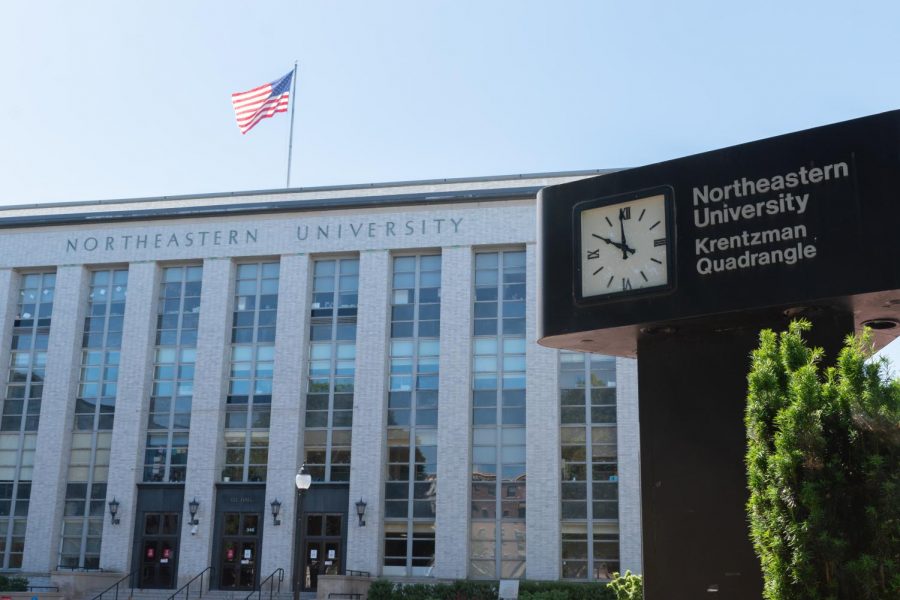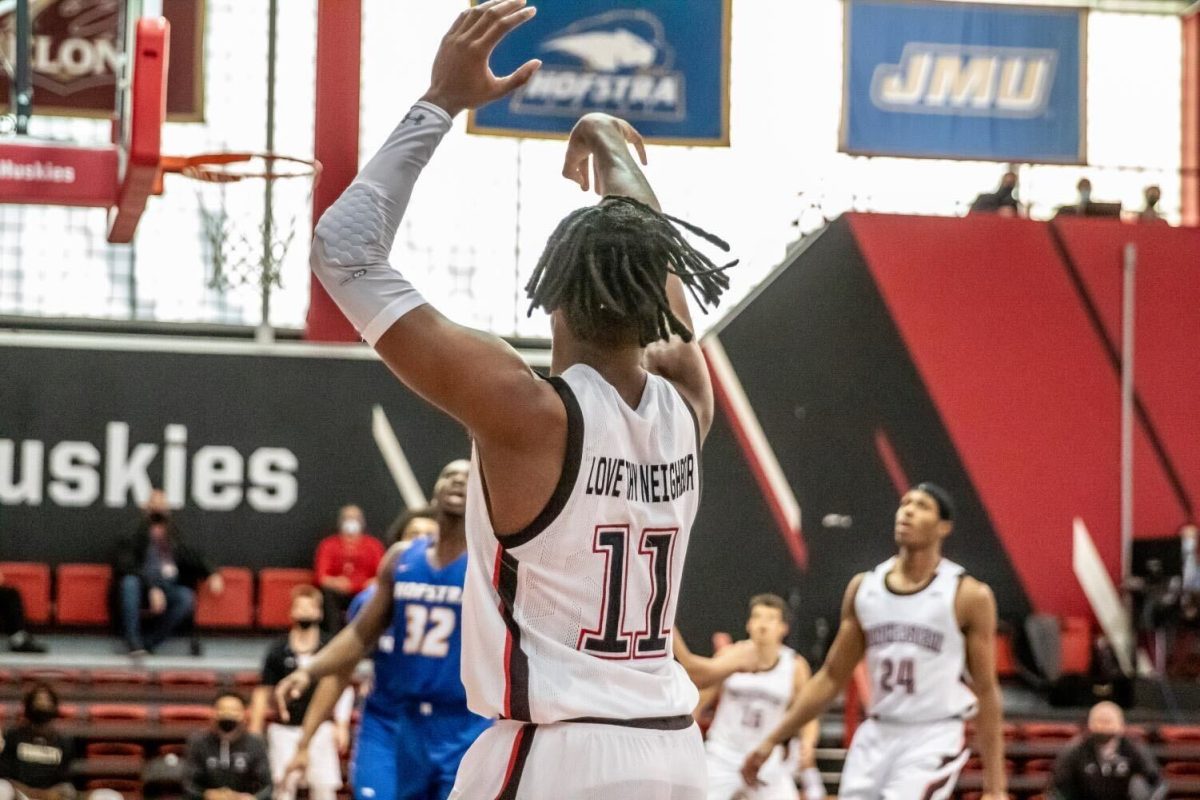NU assembles advisory board to improve NUPD’s relationship with students, surrounding community
August 9, 2020
On June 15, President Joseph E. Aoun announced the formation of an advisory board for the Northeastern University Police Department, or NUPD, following the nationwide Black Lives Matter protests against racism and police brutality.
The advisory board was announced as a part of Aoun’s plan to “improve the presence and experiences of all under-represented populations, with particular emphasis on Black Americans,” according to his message to the Northeastern community.
The NUPD advisory board aims to improve education about campus safety and policing to build trust and communication between police and the community, as well as develop a set of shared recommendations that work toward that goal, said Jack McDevitt, criminology professor and chair of the board.
The board consists of a mix of 15 faculty, staff, students and members of the Boston community. They met for the first time on July 16 to discuss how the board can be most effective.
“I think where we left the first meeting was to try to put together an outreach strategy that would allow us to hear from as many voices in the community as we can,” said McDevitt, who chaired a social justice task force for the Boston Police Department in 2006. “Some people have suggested a town hall would be a good starting point. Other people have said maybe individual meetings where people can come virtually in front of the board and present their concerns or their thoughts about the new public safety.”
The Office of the General Counsel sent an email to all students on June 30 which stated that “the work of the Board will include listening sessions, joint exercises and training, and other components to create shared goals.”
Diego Rivera, a fourth-year mechanical engineering student with minors in material sciences and Latino American and Caribbean Studies, is one of the students who sits on the advisory board.
“I think this committee is basically bringing attention to how NU students interact with NUPD” he said. “The outcome I want is hopefully diminishing NUPD presence on campus.”
Rivera has also been involved in communicating with the College of Engineering on how it can be more diverse in its practices. Another member, Jessica Huang, a fourth-year business administration major, shared her thoughts on how the board could integrate with the student community.
“Hopefully this board is able to facilitate a relationship and just let people know we are able to talk,” Huang said. “My role is being a student voice, and I want to be able to be that point of concern for students to come if they need to.”
While there is representation on the board of student, faculty and staff voices, there were some questions about the selection of the members – especially regarding the student representatives.
According to the June 30 email, three out of four of the undergraduate students involved in the board are students of the College of Engineering and while one studies within the D’Amore-McKim School of Business. The fifth student on the board, Ayanna Miller-Smith, is a doctoral student studying in the School of Criminology and Criminal Justice. However, Rivera said he hopes that the students from the College of Engineering can bring a different perspective from other majors.
“I think it would have been nice to have more humanities-related students who are more focused on social issues by studying it academically,” Rivera said.
Rivera was also contacted only the night before Aoun’s email was released, and was asked then if he was interested in joining the board. He said the students were not well-informed at that point and wanted to receive more information before being placed as a member of the board. He said he thinks he was nominated because of his time as president of the Hispanic Engineering Group and his work with the College of Engineering on ways to be more diverse.
Huang also recalled being unsure why she was selected to be part of the board. However, she did mention that her role as presidential ambassador and her past co-op position at a policy organization in tech diversity may have led a faculty member to nominate her.
McDevitt said the members of the board were nominated by faculty members who suggested individuals and organizations they thought would work well for the NUPD advisory board.
“I met with them all last Thursday, and I’m really happy,” McDevitt said. “It’s a real good cross section of students, staff and faculty. Some faculty have studied the police for years, some faculty who study race and racial differences, then there’s a number of students who reflect different programs, different interests, in this issue in policing, so I think we have a lot of voices.”







